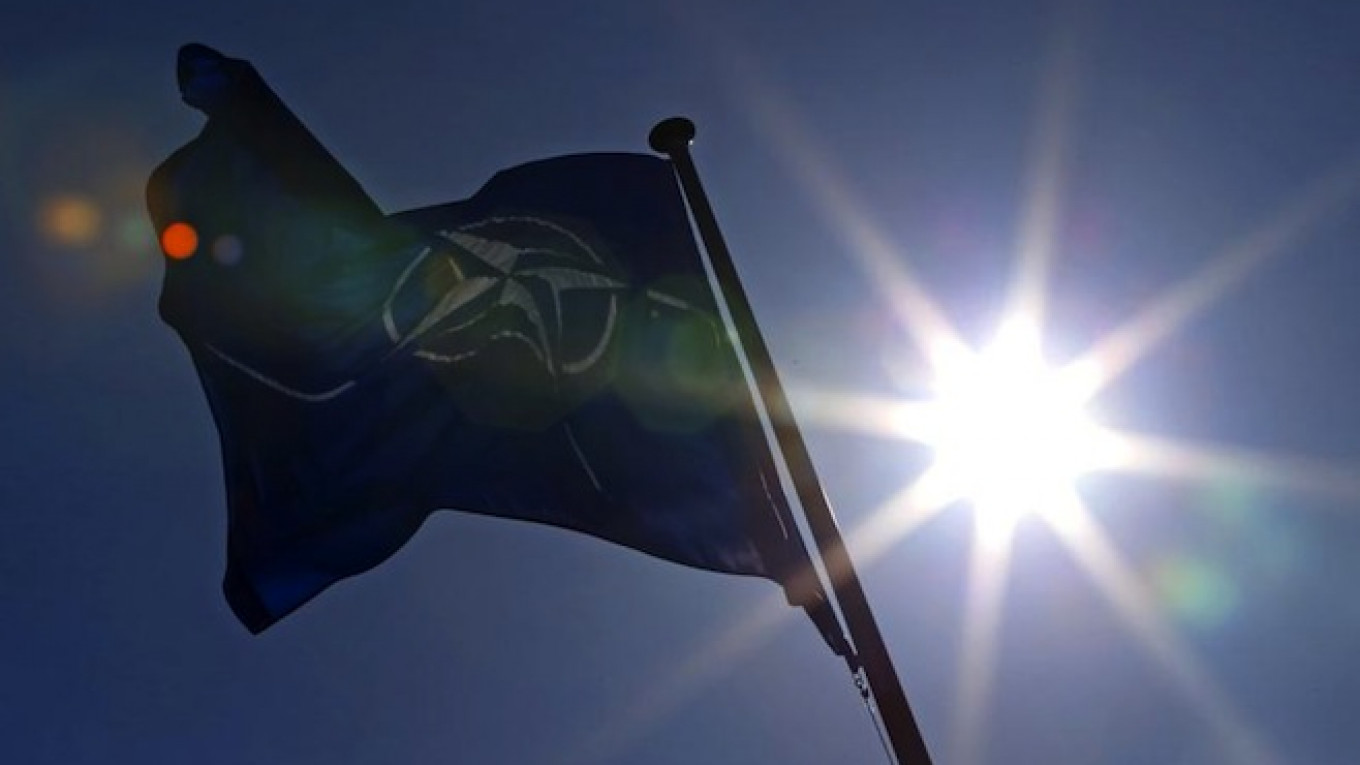NATO and Russia are open to the possibility of reviving dialogue through a special council after Moscow's annexation of Crimea in March 2014 plunged bilateral relations into a deep freeze, Russian media reported Wednesday.
NATO Secretary General Jens Stoltenberg was quoted by the Vedomosti newspaper as saying that he would “explore how the [NATO-Russia] council, which had for all practical purposes not met since March 2014, could be used as a channel for political contacts.”
Stoltenberg's remarks had been prompted by the efforts of Germany's Foreign Minister, Frank-Walter Steinmeier, to restore regular diplomatic ties despite the ongoing conflict in Ukraine, Vedomosti reported.
“In all likelihood, [talks] at the ambassadorial level should be possible again soon,” Steinmeier was cited as saying.
His actions have been attributed to his appraisal of Russia's “constructive” political efforts over Syria.
Russian Foreign Minister Sergei Lavrov expressed a readiness to renew diplomatic contact through the council, the Interfax news agency said Wednesday.
“If Mr Stoltenberg comes forward with this initiative, then we will get together, consider it, listen to what our NATO colleagues have to say,”, Lavrov said, adding that Moscow “had never refused to work within the framework [of the council].”
“There is a large number of questions we have not been able to ask — including about violations of existing agreements the council had reached. We have a lot to talk about,” he added.
On Tuesday, NATO extended a formal membership invitation to Montenegro – a move Stoltenberg said was “not directed against Russia,” yet unleashed a backlash from top officials in Moscow.
A Message from The Moscow Times:
Dear readers,
We are facing unprecedented challenges. Russia's Prosecutor General's Office has designated The Moscow Times as an "undesirable" organization, criminalizing our work and putting our staff at risk of prosecution. This follows our earlier unjust labeling as a "foreign agent."
These actions are direct attempts to silence independent journalism in Russia. The authorities claim our work "discredits the decisions of the Russian leadership." We see things differently: we strive to provide accurate, unbiased reporting on Russia.
We, the journalists of The Moscow Times, refuse to be silenced. But to continue our work, we need your help.
Your support, no matter how small, makes a world of difference. If you can, please support us monthly starting from just $2. It's quick to set up, and every contribution makes a significant impact.
By supporting The Moscow Times, you're defending open, independent journalism in the face of repression. Thank you for standing with us.
Remind me later.






